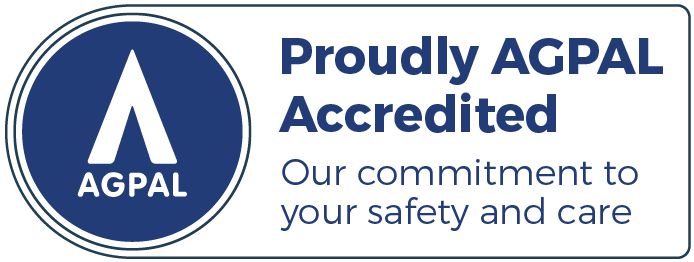
Mental Health Toolkit in the Time of COVID-19
Steps for looking after your mental health during the Coronavirus pandemic.
These are very challenging times and the pandemic of COVID-19 is affecting all of our lives. Levels of stress and anxiety seem to be rising linearly as time goes by and enforced isolation and even social distancing is taking its toll.
While many things are out of our control, it is helpful to remember that we do have control over many of our daily behaviours.
Although simple, the following strategies can make a difference and support us during this unprecedented time.
1. Maintain a daily routine
Even if working from home, have a good balance between work and breaks and ideally maintain your usual work routine.
2. Exercise
Regular movement and exercise is vital in our work from home setup. This will have a positive impact on our mental wellbeing as well as our immune system. Ideally exercise outdoors where possible. Getting sunlight during the day will boost our vitamin D levels and also improve our circadian rhythms (our natural body clock).
3. Sleep
Getting adequate sleep is fundamental to our wellbeing. Having a good sleep routine, regular exercise and spending time outdoors will support both our sleep and our moods.
4. Stay Connected
Humans are social beings and social distancing and self-isolation will increase our sense of loneliness and has a negative impact on health. This is where the use of technology to stay in touch can be vital. Check in with friends and family regularly either via phone or video. Use this time to connect on a deeper level with the people you are living with.
5. Avoid Distressing News
Although it is important to keep up to date, news and social media can feed the stress and anxiety. If you find you are being negatively affected by all the news, ask your friends and family to keep you informed of important updates and limit your own exposure.
6. Meditation and Mindfulness
If you have never practiced mindfulness, now is the time to start. There are many excellent online resources and phone Apps to get you started, so there are no more excuses to not meditate.
7. Breathing techniques
There are various breathing techniques that help very rapidly with symptoms of anxiety. Try 4-7-8 breathing: Breathe in for 4 seconds, hold for 7 seconds and breathe out for 8 seconds. Start again immediately and continue for at least 4-5 cycles or until you feel less stressed. Simple, effective and can help induce sleep too.
8. Natural Supplements
There are excellent supplements available that have benefits in decreasing stress levels and anxiety. Examples include the minerals magnesium and zinc, herbs such as kava and zizyphus and amino acids such as GABA and L-Theanine. It is advisable to work with a healthcare professional for the best outcomes when using supplements.




